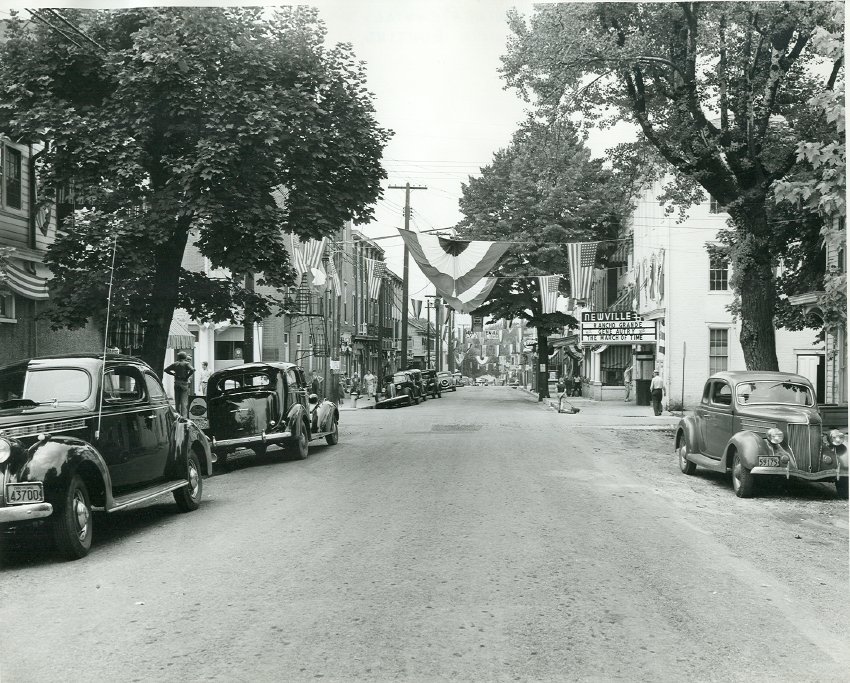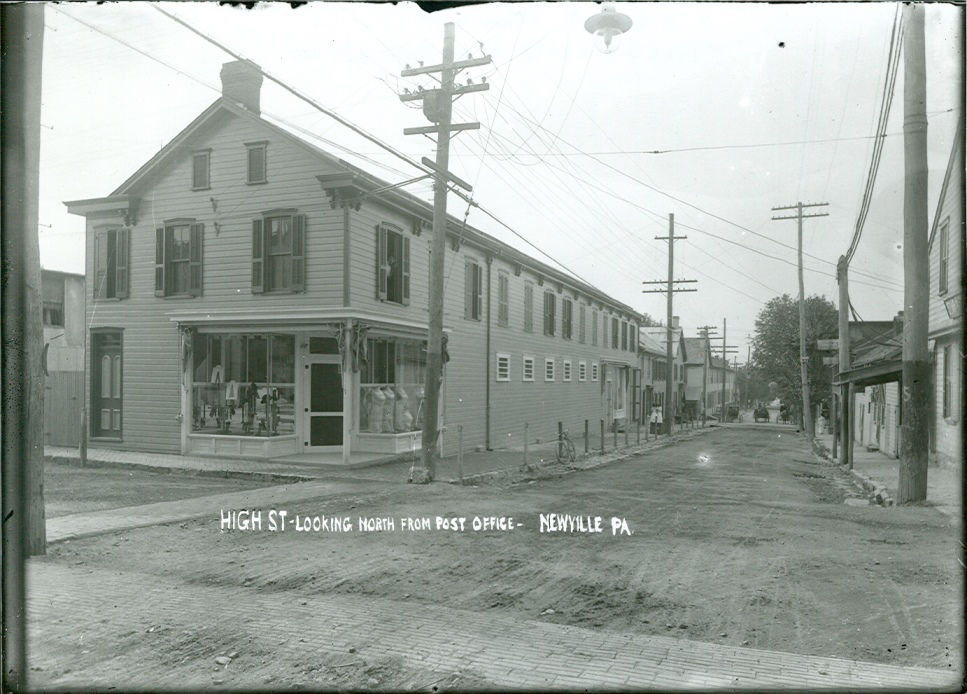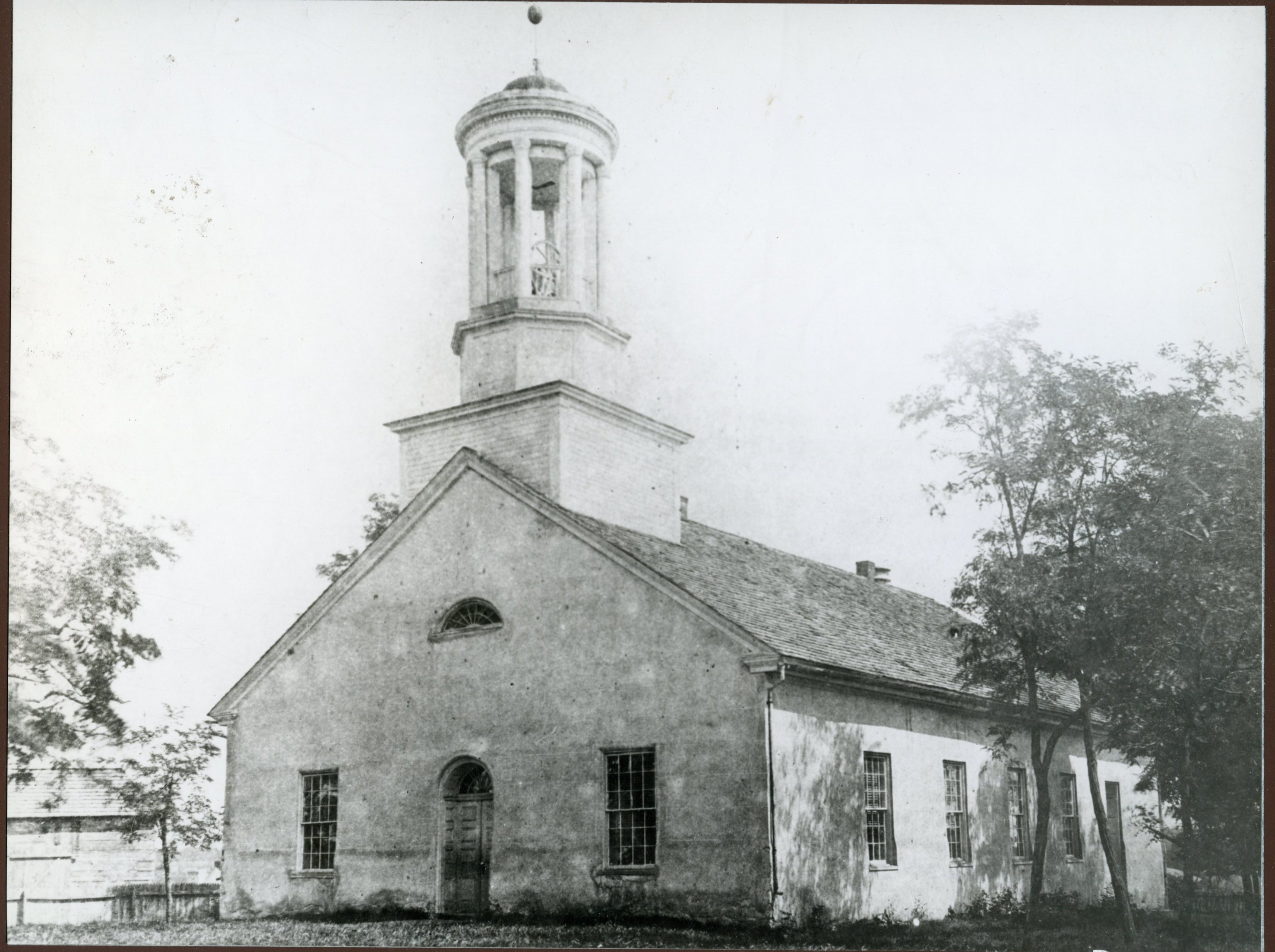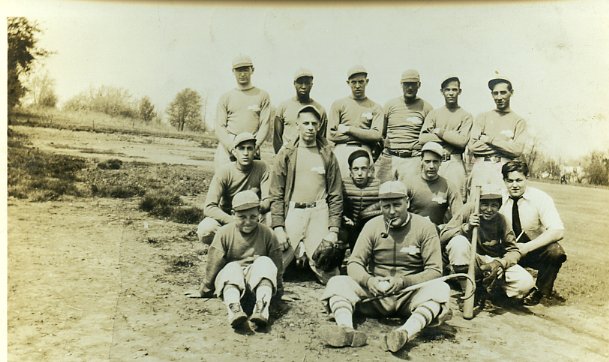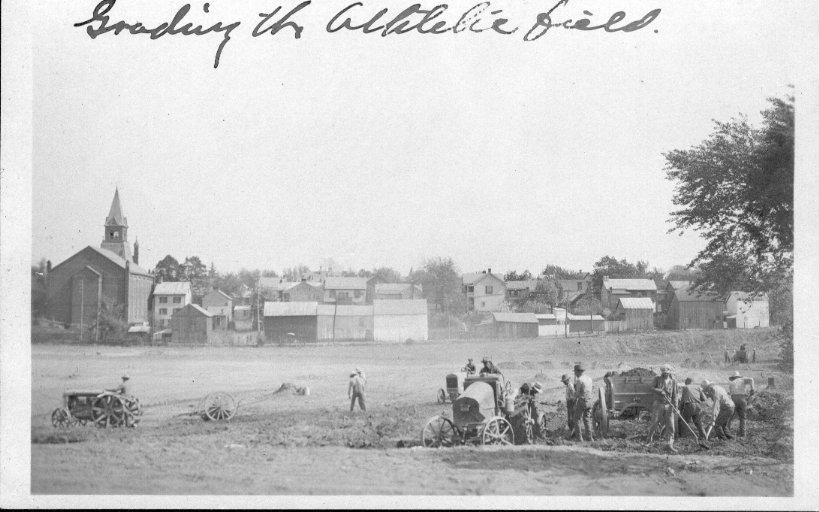The town of Newville lodges in the northwest corner of Cumberland County.1 The first settler, Andrew Ralston, arrived in 1728.2 The town was founded by Scots-Irish when the Big Spring Presbyterian Church, which dates to 1737, sold lots from its 89 acres in 1790. Incorporation as a town waited until 1817. Currently, the town is surrounded by North Newton Township (on the west and north) and by West Pennsboro (on the south and east). 1874 brought an addition to the town when a section of Newton Township, known as Newtown, was annexed.3
The Big Spring creek flows around Newville and connects with the Conodoguinet creek. Mills grew along the waterways with the earliest, known as the Laughlin Mill, built in 1762.4 The Laughlin Mill still stands, geographically in Newville but politically part of West Pennsboro Township. Newville became the commercial center for western Cumberland County and flourished in the nineteenth century. The Cumberland Valley Railroad came through in 1838 and helped to establish passenger and freight service. The latter allowed agricultural and manufactured products to move to more distant markets.5 The town saw the rise of a barrel factory, a brickworks, shoemakers, a distillery, a knitting mill, and eventually a ribbon mill and a dress factory. With the growth of manufacturing, numerous local businesses emerged: department stores, drug stores, hardware and jewelry shops, barbers, bankers, etc.6 Today, the Pepsi-Cola bottling plant is the town's principal industry.7
From 1910 to 1918, a trolley (light rail) service connected Newville to Carlisle, but the advent of automobiles soon altered transportation for the town.8 By 1970, Newville saw the end of rail service of any kind when the last train passed through the town.9
Newville is known for its churches: the Big Spring Presbyterian Church began officially in 1737, the United Presbyterian began about 1764, Zion Lutheran claims a date as early as 1795, St. Paul Lutheran organized in 1879, and more!10
Schooling mattered to the early settlers and William Laughlin is reported to have had a school as early as 1755. By 1836, a public school system existed. Buildings and methods changed, but education continues. With the Big Spring jointure in 1952, educational opportunities grew for the community.11 The Cumberland Valley Normal School opened in Newville in 1857, but was discontinued with the advent of the Civil War. The attempt to reopen the school in 1865 failed and Shippensburg instead continued the normal school.12
The town did not lack for social and cultural activities. In 1854-1855, Literary Hall (now an apartment building) was built and provided opportunity for a variety of cultural programs. The town saw vaudeville, parades, its own local cornet band, eventually a movie theater. Baseball attracted many folk and continues to this day with a local team.13
In the twenty-first century, Newville nests quietly in its corner of Cumberland County as a pleasant bed-room community. The era of manufacturing and commerce is gone with the change in transportation and communication, a familiar story throughout the small towns and rural areas of the county. Yet it offers the necessities of contemporary life with its grocery store, medical clinic, pharmacy, hardware, internet connections, etc. The Graham Library, part of the Cumberland County system, serves residents with books and internet service.14 The Big Spring creek is one of the best trout streams in the area. And a retirement community, Green Ridge Village, rises across the creek from the town.
